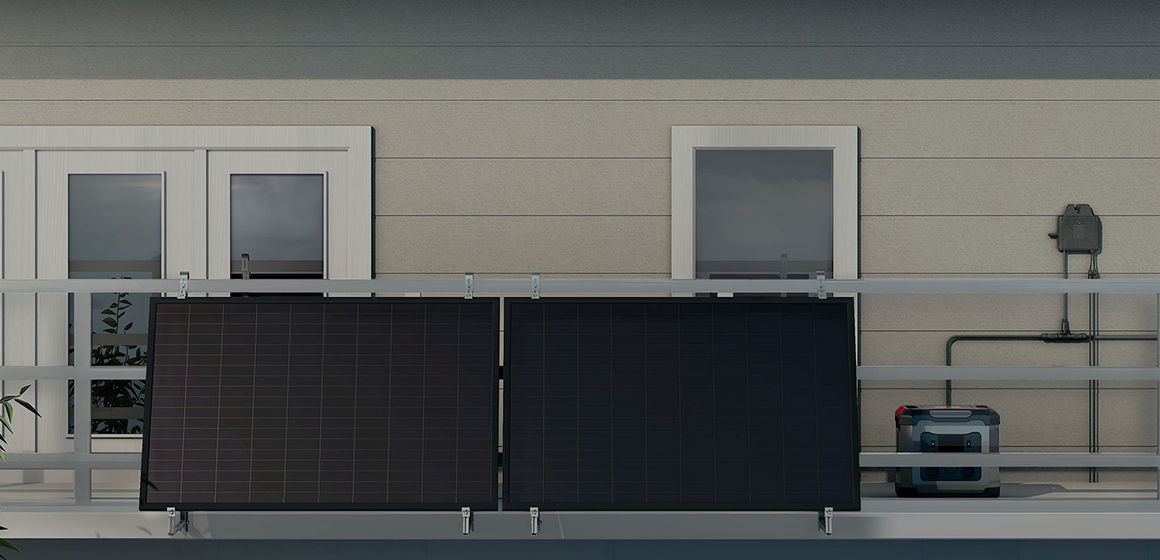Unlocking the Secrets: How to Choose the Most Efficient Solar Energy System for Your Home!
In an era where climate change and energy costs are increasingly at the forefront of discussions, solar energy efficiency has emerged as a vital consideration for homeowners. As more people seek sustainable alternatives to traditional energy sources, understanding how to choose an efficient solar energy system becomes critical. Not only do efficient systems help reduce electricity bills, but they also contribute to a greener planet by minimizing the carbon footprint. By selecting the right solar energy solution, homeowners can enjoy significant cost savings while actively participating in the renewable energy movement.

Understanding Solar Energy Efficiency
Solar energy efficiency refers to the ability of a solar energy system to convert sunlight into usable electricity or heat. It is typically measured as a percentage of the energy from sunlight that is converted into usable energy. Several factors influence solar energy efficiency, including the type of technology used, the quality of installation, and the geographical location of the system. For instance, solar panels in sunny areas are likely to perform better than those in regions with frequent cloud cover. Understanding these factors is crucial for homeowners aiming to maximize their investment in solar energy.
Types of Solar Energy Systems
There are primarily two types of solar energy systems used in residential settings: photovoltaic (PV) panels and solar thermal systems. Photovoltaic systems convert sunlight directly into electricity, while solar thermal systems harness solar energy to produce heat for space heating or hot water. Generally, PV systems tend to have higher efficiency rates compared to solar thermal systems, making them more popular among homeowners. However, the choice between the two depends on individual energy needs and specific applications, such as whether the focus is on electricity generation or heating requirements.
Photovoltaic (PV) Systems
Photovoltaic systems work by utilizing semiconductor materials to convert sunlight into electricity. The efficiency rates of PV systems can vary significantly based on the type of panels used, with higher quality panels achieving better performance. Factors such as shading from trees or buildings, the angle and orientation of the panels, and even temperature can impact the efficiency of PV systems. A friend of mine installed a PV system on her roof, and she shared how the positioning of the panels made a noticeable difference in energy production, especially during peak sunlight hours.
Solar Thermal Systems
Solar thermal systems operate by capturing sunlight to heat a fluid, which is then used for heating purposes or to produce hot water. These systems can be quite efficient, especially in colder climates where heating is a priority. However, their efficiency is influenced by factors such as the quality of insulation and the design of the system. Homes that rely heavily on hot water for showers, cooking, or heating can greatly benefit from solar thermal systems as they provide a reliable and efficient solution for these needs.
Evaluating Efficiency Ratings
When selecting a solar energy system, it’s crucial to understand how to interpret efficiency ratings provided by manufacturers. Terms like 'conversion efficiency' refer to the percentage of solar energy that is converted into usable electricity, while 'performance ratio' measures the actual output of a system compared to its theoretical output. These ratings are significant indicators of a system's performance and help homeowners assess which options are best suited for their energy needs. A close friend of mine recently purchased a solar panel system and spent considerable time reviewing these ratings to ensure he made a well-informed decision.
Making the Right Choice for Your Home
Choosing the right solar energy system involves several considerations. Homeowners should assess their energy needs by evaluating current and future electricity consumption. Local climate conditions play a pivotal role, as regions with abundant sunlight will benefit more from solar energy systems. Roof characteristics, such as size, orientation, and shading, should also be taken into account. Additionally, thinking about potential upgrades or expansions in energy consumption can inform which system will provide the greatest long-term benefits. It's worth consulting with professionals to gather insights tailored to your specific situation.
Key Takeaways for Enhanced Solar Energy Efficiency
In conclusion, understanding solar energy efficiency is crucial for homeowners as they navigate the journey of selecting a solar energy system. By evaluating the types of systems available, interpreting efficiency ratings, and considering personal energy needs, homeowners can make informed choices that lead to significant cost savings and environmental benefits. As the demand for renewable energy continues to rise, making a thoughtful decision regarding solar energy will not only enhance energy independence but will also contribute to a sustainable future.








